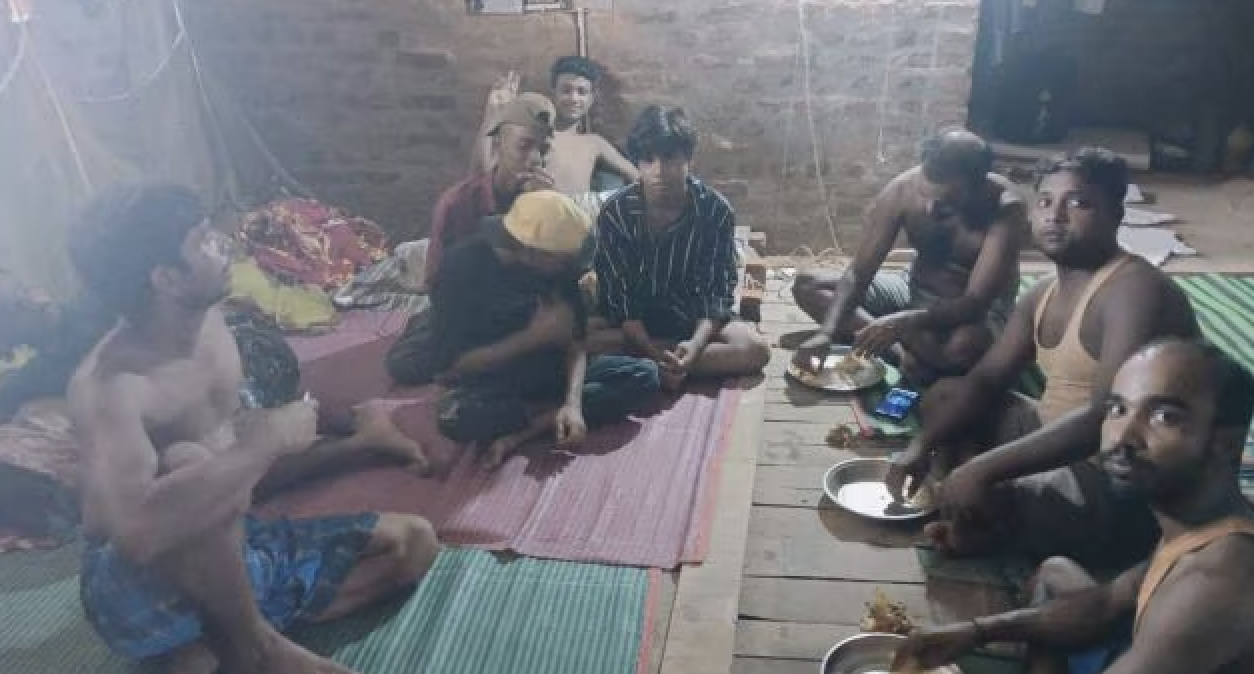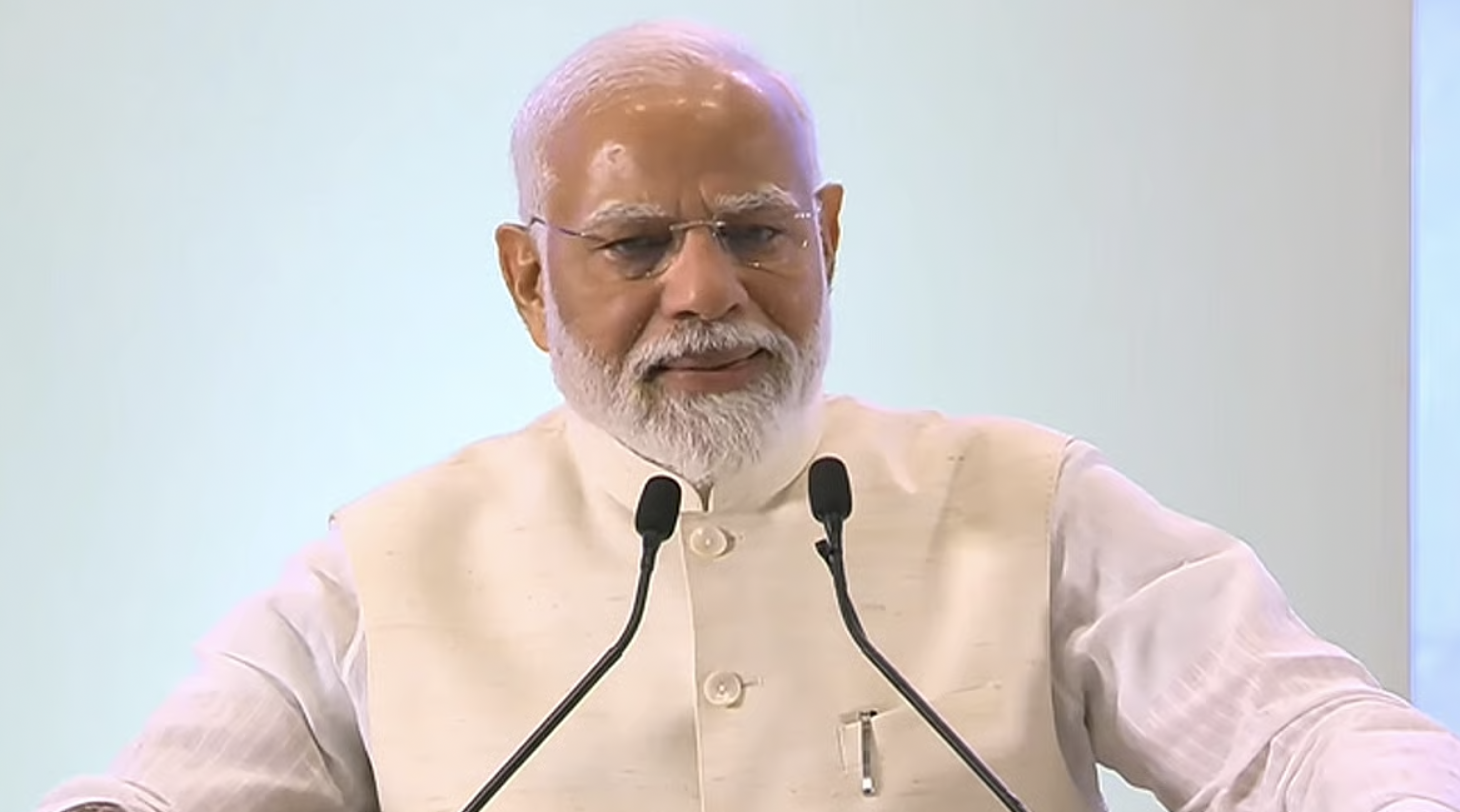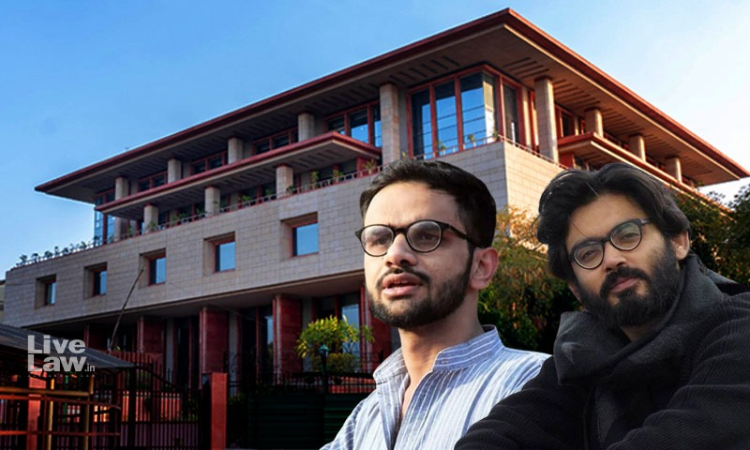By Economist team
India’s civil society is one of its biggest industries. It includes over 200,000 registered NGOS—more than the number of private firms in the country’s agriculture and finance sectors. The contribution of these charities—which range from small concerns to vast India-wide networks—to development and the individual lives of millions of poor Indians is incalculable.
Activist groups helped India gain independence in 1947 and have since helped restrain the state’s excesses and compensate for its weaknesses. Care India, which provides public-health education and other services to women and girls, assisted 84m people in 2021-22. Research outfits such as the Centre for Policy Research (cpr), a think-tank in Delhi, drafted many of the policies that have made India a laboratory of anti-poverty schemes. Registered ngos, a minority of the total, are estimated to employ 2.7m people. Perhaps only Bangladesh, globally famed for its ngos, owes more to them. This makes the decade-long attack that the Bharatiya Janata Party (bjp) government has launched on the sector both risky and costly.
This story was originally published in economist.com. Read the full story here.






